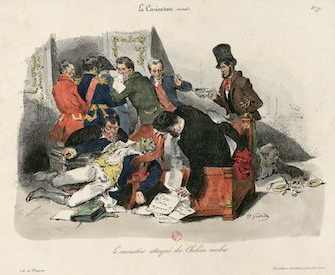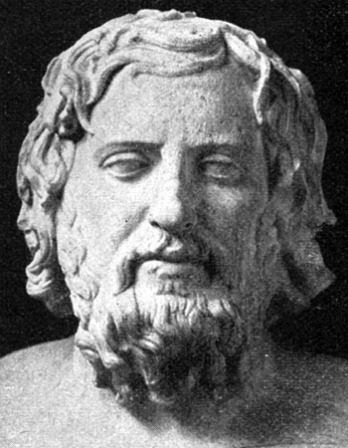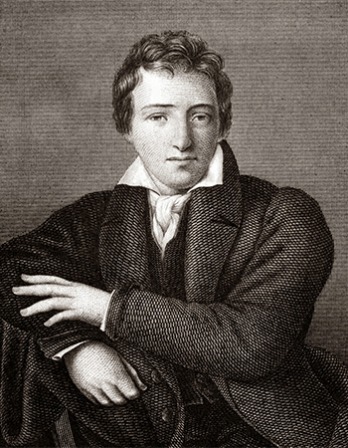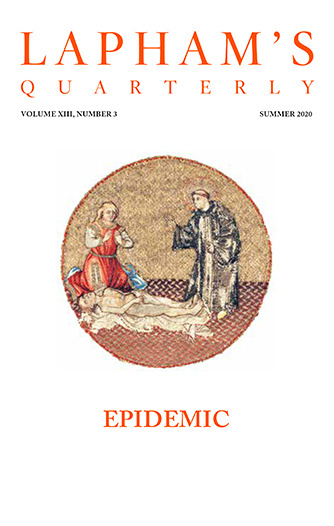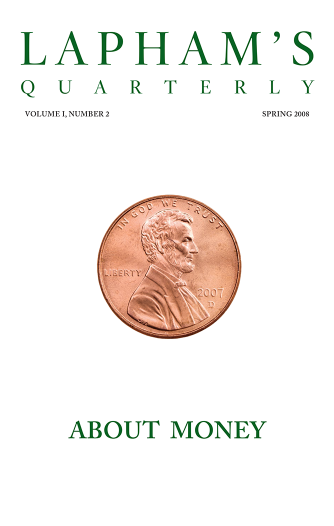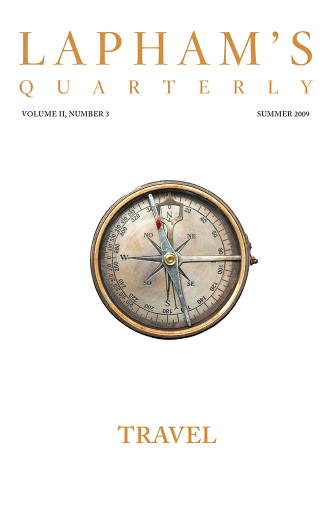
Heinrich Heine
(1797 - 1856)
Born in Düsseldorf in 1797, Heinrich Heine became widely appreciated for his collection of Romantic poems, The Book of Songs, published in 1827. He wrote On the History of Religion and Philosophy in 1835. This work was the second of two studies of German culture’s past, present, and future written primarily for the reading public in France, where Heine had moved in 1831 after the July Revolution and remained for the rest of his life.
